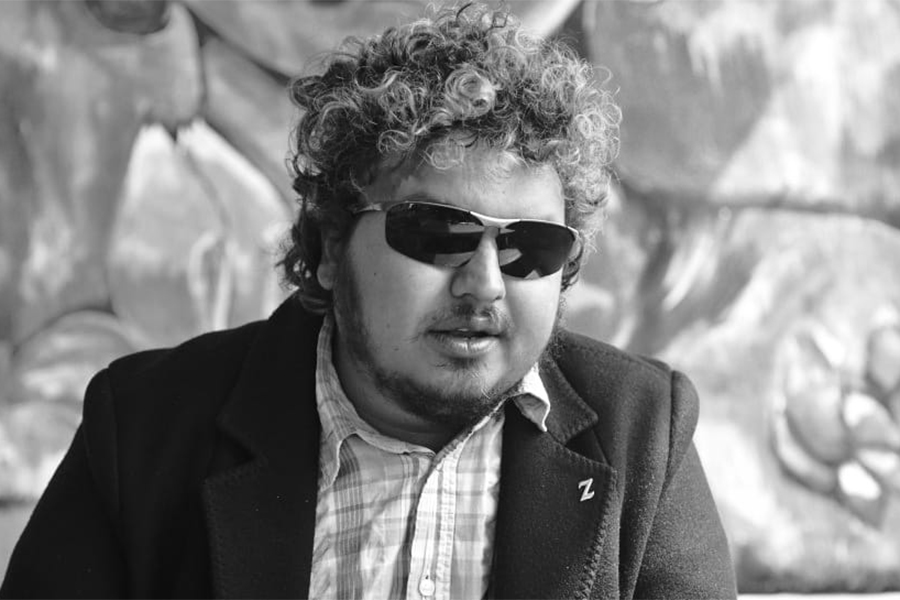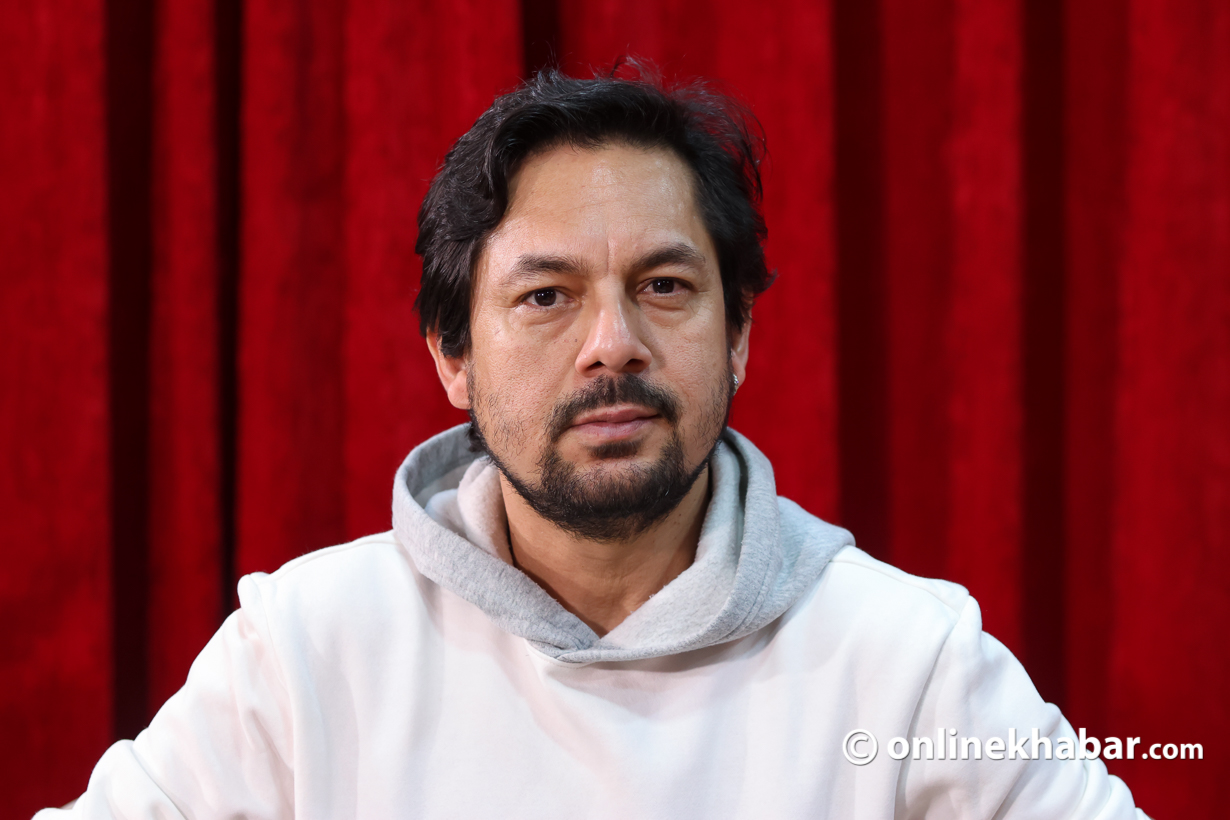
On January 13, rock band ASM, released their new song Paapi, on YouTube. Paapi is the first track of ASM’s upcoming album AMS II, which is slated to release in 2024. The song is based on a chapter of the Bhagavad Gita, entitled Plight of Arjun, in which Arjun is in an emotional dilemma on whether or not to fight his brothers the Kauravas.
Paapi carries a heavy feel, resembling an ode to the golden era of rock music. The riffs are both authentic and untainted, transporting listeners back in time. However, in an era dominated by EDM and pop music, the song has not achieved the level of success the band had hoped for.
“It is what it is. We have to accept it,” says Abhishek S. Mishra (popularly known as ASM) accepting the views is a lot less than what they had hoped for.
“If Paapi had been released in the rock era of the 90s where bands like 1974 AD, Nepathya and Cobweb were ruling the industry things would have been different,” says Mishra.
All about ASM II

With the launch of Paapi, the band aims to signal to their fans that they should brace themselves for the upcoming release of their second album, ASM II. Mishra said that ASM II will feature eight songs, with four already completed and the remaining ones on the verge of recording.
“This album is sure to stand out as we’ve put in a lot of hard work and all the songs are being live recorded in a single take,” says Mishra.
The concept of recording the album live came to the band after they received feedback from their fans on how great they sounded during live shows. Their motivation was further fueled by the realisation of how the American rock band Kiss achieved success in the rock scene through their live recorded album, Kiss Alive.
“I personally resonate with the sound of live recorded songs as well,” he says. “I feel there is some kind of magic.”
With that idea in mind, ASM started to look for a music studio that could live record their songs in the manner they wanted to. After looking for a while, they found Studio 5150 which Mishra says understood what they wanted to do.
“The 5150 has already justified their work with Paapi,” says Mishra.
The band dedicated three months to rehearsals, completing the recording of all the songs within a single day.
While ASM I focused on the theme of duality—capturing both power and peace through tracks like Anubhav, Bhram, and Monster He Becomes, ASM II will focus on a singularity, says the band.
Mishra says that ASM II will showcase diverse musical styles, ranging from rock and pop to romantic tunes, including songs that will take listeners back to the 80s. Collaborating with singer/songwriter Shaurav Bhattarai, they have written a couple of tracks for the album, including the song I Love You, Stupid.
Connection with classical music
A unique aspect of ASM’s songs is the infusion of classical music elements. For example, in the recently released song Paapi, the flute piece draws from Raag Bhairav, while the flute segment in Anubhav is based on Raag Desh.
This inclination towards classical music is deeply rooted in Mishra’s, heritage. He inherits a rich musical lineage, with seven generations of classical musicians on his father’s side and four generations on his mother’s side. He recalls receiving a baby sitar when he was only 10 years old. Notably, his grandfather, Pandit Kumar Shankar, was a highly regarded classical musician affiliated with the Darbhanga Gharana.
Although Mishra’s family has a long history of dwelling on classical music, he never wanted to be a classical musician. Mishra’s father Vijay Shankar Mishra, who plays sarod, is still active playing classical music and released an album as recently as 2023.
“I realised it (classical music) was not for me from a young age,” says Mishra who saw his grandfather practice for nearly 13 hours a day.
He also thanks his grandfather who, he says, did not force him into it and allowed him to pursue whatever music he wanted. Mishra recalls a day when his grandfather noticed a guitar lying idle in the house and urged him to play it.
After playing a simple riff, Mishra’s grandfather encouraged him with the words, “You continue playing the guitar.”
“After he said that, I felt like I got a clean chit,” says Mishra.


























